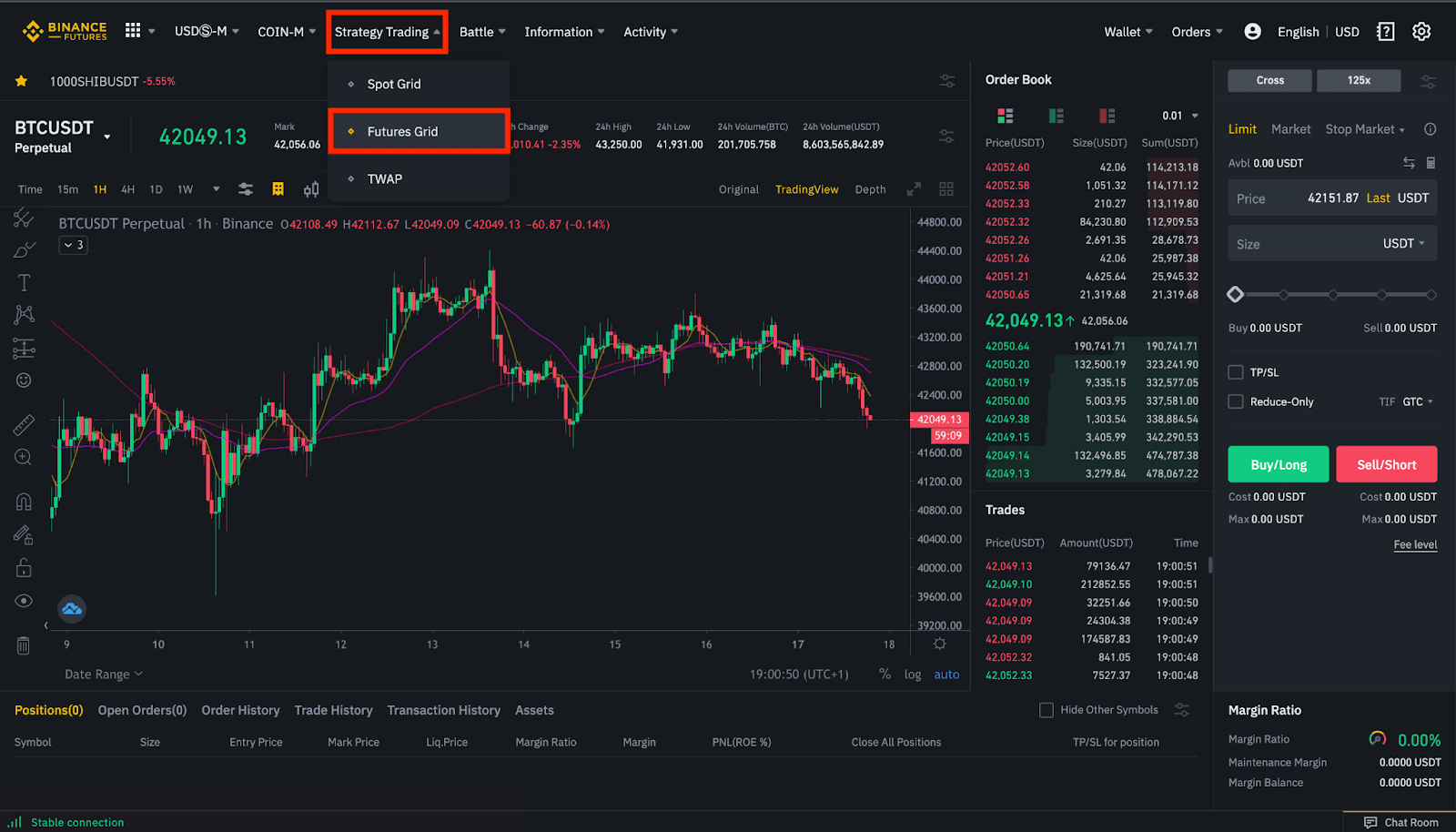The significant role of a smart contract cannot be undermined in deploying blockchain nodes be it when we deploy Fantom nodes and in managing successful blockchain platforms such as avalanche, Ethereum or fantom. A smart contract is a computer protocol that allows two or more parties to create, verify, and execute a contract. Smart contracts are autonomous contracts that run on a blockchain and are enforced by code. They can be used to create trustless, transparent, and automated agreements between parties. Even when deploying fantom,
Smart contracts allow for the automation of complex business processes by reducing the need for human involvement. This can save time and money for businesses, as well as reduce potential risks associated with human error. Popularized by the Ethereum blockchain, smart contracts have the capacity to execute actions if a certain set of conditions is fulfilled. This blog will take a deep dive into how smart contracts work, their applications, benefits, and how they came into existence.
Since all instructions are written in code, enterprises need developers with extensive expertise to develop smart contracts. No entity is responsible for maintaining smart contracts.
How Did Smart Contracts Come into Existence?
Nick Szabo, an American programmer came up with the idea of smart contracts in 1996. This was much before blockchain came into existence.
With the advent of Bitcoin, talks around smart contracts began to surface. Finally, half a decade later, Ethereum made the use of smart contracts possible. While there are plenty of platforms now that provide smart contracts, nothing can beat the Ethereum experience!
Now that you have some idea about a smart contract let’s know more about it’s functioning and working.
Working of Smart Contracts
Both parties first lay down the terms of the smart contract. Once this is done, these instructions are coded on the blockchain.
After that, the created code is stored and replicated among all the blockchain network participants. Now, only if all the participants give their consensus, the contract terms are fulfilled. If the conditions are not satisfied, the party at fault has to pay the penalty.
Not only does this process cut down on manual labor, but it also automates the entire process without errors.
Benefits of Smart Contracts
There are not one but multiple benefits of using smart contracts. These include:
1. Reduced Costs
Smart contracts eliminate the need for intermediaries from the entire process. Not only will this reduce costs, but it will also accelerate transactions.
2. Enhanced Security
With smart contracts, all processes are executed securely and in an organized manner. In addition, the data stored in smart contracts is tamper-proof and it is not possible to tamper it. Thus, it is the safest bet for all organizations.
3. Transparency and Reliability
All the encrypted records are shared with the blockchain participants in smart contracts. Since everything is transparent, there is no issue of trust and reliability. Also, no one can tamper with the data available in the records.
4. Advanced Storage
Smart contracts are extremely helpful when it comes to storing vital information. In the case of data loss or theft, you can easily recover all details as they cannot be deleted from the blockchain network.
5. Guaranteed Outcomes
Smart contracts follow rules and this is probably the best thing about them. Only if any of the given conditions is met, then only is the transaction executed. Thus, there are no chances of fraud.
6. Crystal-Clear Communication
Parties involved in a deal handled by smart contracts, need to mention each and every detail. Thus, the process leaves no chance of miscommunication or misplaced detail. This leads to maximum efficiency, and the transactions are conducted at a lightning-fast speed.
The Future of Smart Contracts
Be it finance, real estate, supply chain, telecom or manufacturing, smart contracts have the potential to bring a radical transformation to each one of them. Not only will they expedite the processes, but they will also facilitate complete transactional transparency.
The end goal of a smart contract is to simplify business and operations between anonymous parties. By cutting down lengthy processes and costs associated with traditional methods, smart contracts will emerge as the backbone of the economy.
Smart Contracts and DeFi
The right blend of smart contracts and DeFi will lead to solving more complex functions and eliminate the need for human intervention. With time the need for smart contracts in the FinTech space is becoming more profound. Not only will it lead to improved accuracy but it will also lead to higher standards of verification worldwide. You can rely on blockchain node deployment company and web3 infrastructure management platforms such as Zeeve to design decentralization applications with ease.
The issue of trust in conditional transactions can easily be solved with smart contracts. Besides, payment processing, regulatory technology, and trade finance will grow leaps and bounds with smart contracts.
With giants like PayPal already leveraging the power of cryptos, digital finance is all set to transform into something revolutionary. Thus, investing in smart contracts will be an intelligent decision as the new generation of finance comes into being.
PayPal also plans to launch a crypto-based platform known as ‘Super App’. For the same, they are testing smart contracts to make payments and transaction experience smoother.
A well-known platform, Robinhood is providing diversified investment opportunities to investors, which earlier seemed inaccessible. Following the same suite, retail investors are showing interest in platforms that provide more or less the same features.
Another example in line is the Nasdaq-listed Freedom Holding Corp. (FRHC). It has boosted the morale of retail investors and urged them to purchase stocks and even participate in selected IPOs.
The time is not far when fintech and other industries will be heavily dependent on smart contracts.




